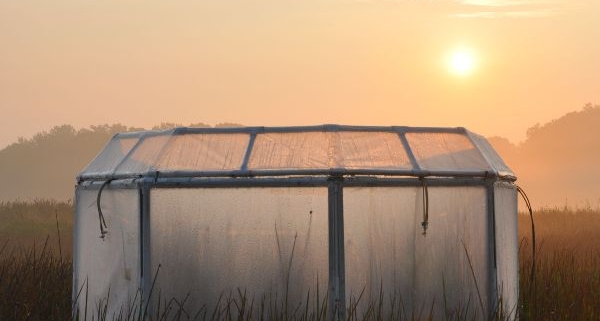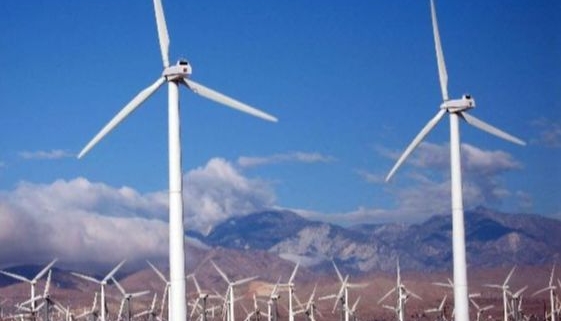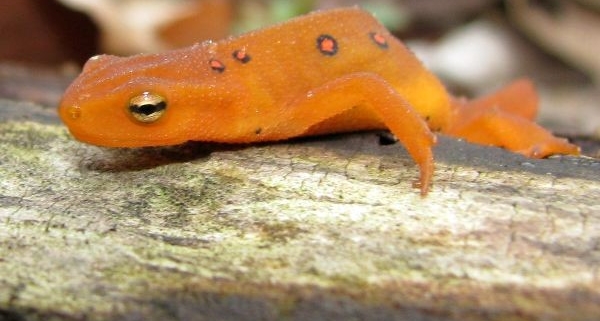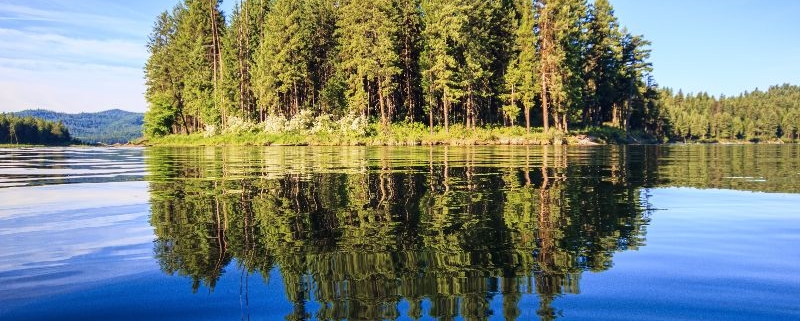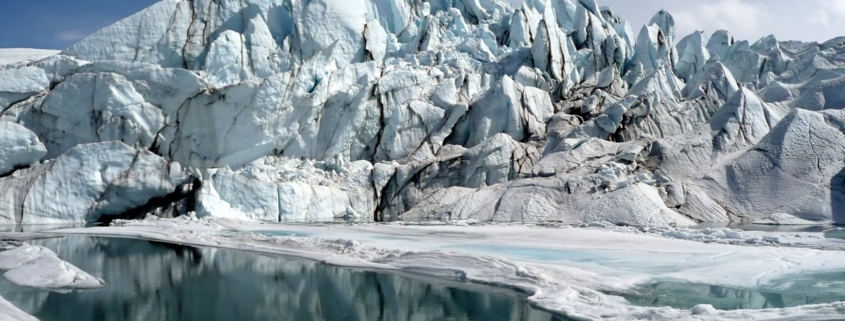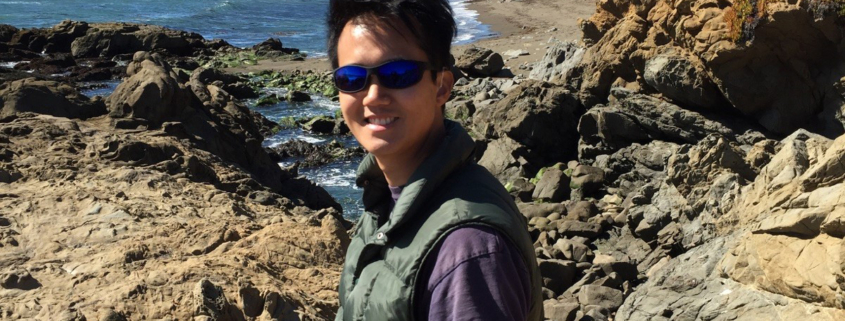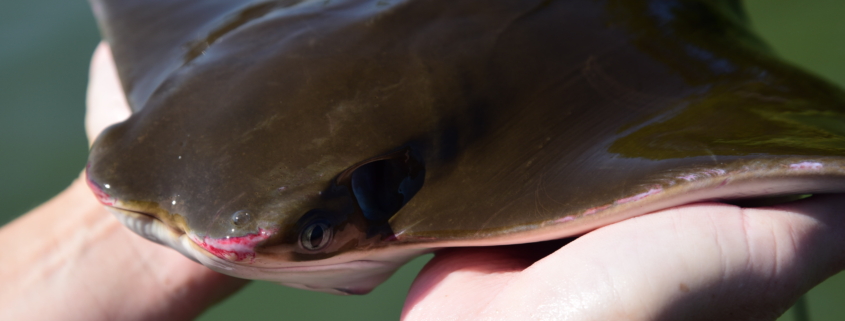The Future of Climate Change: What Three Generations of Climate Scientists Revealed, Webinar, February 18th
Photo: SERC
Tuesday, February 18, 2025
7 pm
Register here.
In 1987, the Smithsonian launched a futuristic experiment that would transform how we think about climate change. Inside small experimental chambers, a few scientists doubled the amount of carbon dioxide to see how wetland plants would cope. Today, that project is the world’s longest-running experiment on plants and rising carbon dioxide. And its home, the Global Change Research Wetland, now has six long-term experiments simulating different future climate scenarios, from higher carbon dioxide and hotter temps to sea level rise.
Join Smithsonian Environmental Research Center (SERC) for a special panel with three generations of climate scientists at the Smithsonian. Meet Bert Drake, creator of the 1980s experiment that began it all; Pat Megonigal, the current director of the Global Change Research Wetland; and Jaxine Wolfe, a technician studying wetland “blue carbon” around the globe. Find out what we know for certain, what mysteries remain, and why wetlands may be one of Earth’s greatest hopes for resisting and withstanding climate change. Part of SERC’s 60th anniversary webinar series.


